Brunei Darussalam, a small but prosperous nation on the island of Borneo, owes much of its economic success to its rich oil and gas reserves. At the heart of this thriving industry lies mechanical engineering, playing a pivotal role in the extraction, processing, and distribution of these valuable resources. This article explores the significant contributions of mechanical engineers to Brunei’s oil and gas sector, highlighting their responsibilities, challenges, and the evolving nature of their work.
The Importance of Mechanical Engineering in Oil and Gas
Mechanical engineering forms the backbone of Brunei’s oil and gas industry. These skilled professionals are involved in nearly every aspect of the sector, from the initial stages of exploration to the final distribution of refined products. Their expertise is crucial in:
- Designing and maintaining drilling equipment
- Developing and optimizing production facilities
- Ensuring the safe and efficient transportation of oil and gas
- Implementing and managing complex refinery processes
The role of mechanical engineers extends beyond mere technical operations. They are also instrumental in enhancing the industry’s safety standards, improving energy efficiency, and driving innovation in a sector that is constantly evolving.
Key Responsibilities of Mechanical Engineers
In Brunei’s oil and gas industry, mechanical engineers shoulder a wide range of responsibilities. They are tasked with designing and overseeing the installation of complex machinery used in offshore and onshore drilling operations. This includes everything from pumps and compressors to heat exchangers and turbines.
Maintenance and troubleshooting form a significant part of their daily work. Engineers must ensure that all equipment operates at peak efficiency, minimizing downtime and maximizing production. They also play a crucial role in project management, overseeing the implementation of new technologies and systems that can improve operational efficiency and safety.
Another critical aspect of their work involves ensuring compliance with Brunei’s strict environmental regulations. Mechanical engineers are at the forefront of developing and implementing cleaner technologies that reduce the industry’s environmental footprint.
Challenges and Opportunities
The oil and gas industry in Brunei faces several challenges, presenting unique opportunities for mechanical engineers:
- Aging Infrastructure: Many of Brunei’s oil and gas facilities are decades old, requiring innovative solutions for maintenance and upgrades.
- Environmental Concerns: There’s an increasing need for sustainable practices, pushing engineers to develop eco-friendly technologies.
- Digitalization: The industry is rapidly adopting digital technologies, requiring engineers to adapt and integrate new systems.
- Deep-water Exploration: As shallow reserves deplete, there’s a shift towards deep-water exploration, presenting new technical challenges.
These challenges are driving innovation in the field, with mechanical engineers leading the charge in developing new technologies and methodologies to address these issues.
The Future of Mechanical Engineering in Brunei’s Oil and Gas Sector
As Brunei looks to diversify its economy and reduce its reliance on fossil fuels, the role of mechanical engineers in the oil and gas industry is evolving. There’s an increasing focus on:
- Developing renewable energy technologies
- Improving energy efficiency in existing operations
- Exploring carbon capture and storage solutions
- Integrating artificial intelligence and machine learning into operations
This shift is creating new opportunities for mechanical engineers to apply their skills in emerging fields while continuing to support the traditional oil and gas sector.
Education and Skills Development
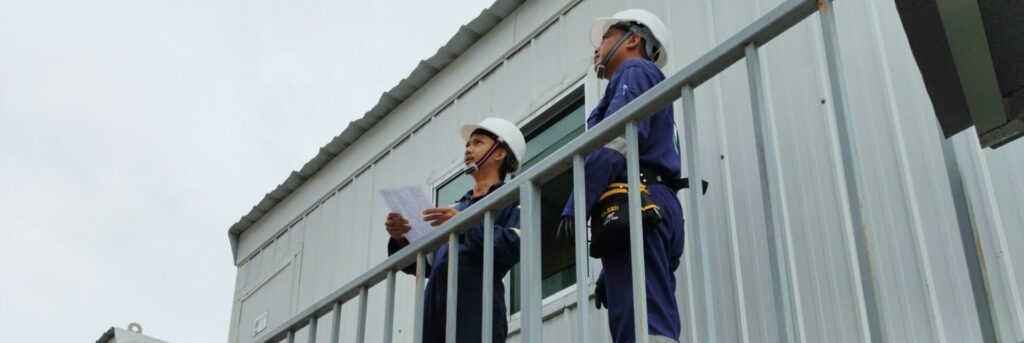
Recognizing the importance of mechanical engineering to its economy, Brunei has invested heavily in education and training programs. The country’s universities offer specialized courses in petroleum engineering and related fields, often in collaboration with international institutions.
Continuous professional development is crucial in this rapidly evolving industry. Engineers are encouraged to stay updated with the latest technologies and industry trends through:
- Regular training programs
- International conferences and workshops
- Collaboration with global oil and gas companies
The government and private sector also offer scholarships and internships to nurture local talent and reduce dependence on foreign expertise.
Conclusion
Mechanical engineering plays an indispensable role in Brunei’s oil and gas industry, driving innovation, ensuring safety, and contributing significantly to the nation’s economic prosperity. As the industry faces new challenges and opportunities, the role of mechanical engineers continues to evolve and expand.
The future of Brunei’s oil and gas sector will depend heavily on the skills, creativity, quality and adaptability of its mechanical engineers. Their ability to navigate the complex interplay of technological advancement, environmental concerns, and economic imperatives will be crucial in shaping the industry’s future.
For aspiring engineers in Brunei, the oil and gas industry offers a dynamic and rewarding career path. It provides opportunities to work with cutting-edge technologies, solve complex problems, and contribute meaningfully to the nation’s development. As Brunei continues to leverage its natural resources while looking towards a sustainable future, mechanical engineers will undoubtedly remain at the forefront of this vital industry.


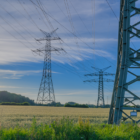



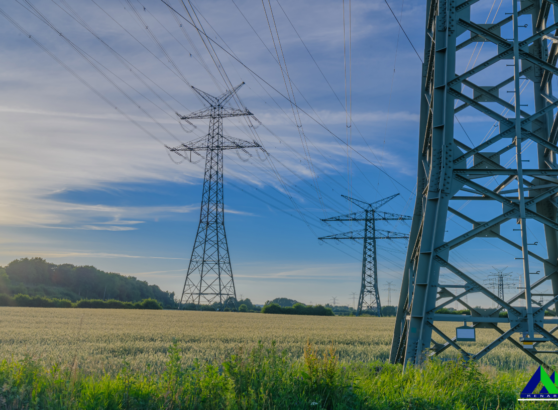
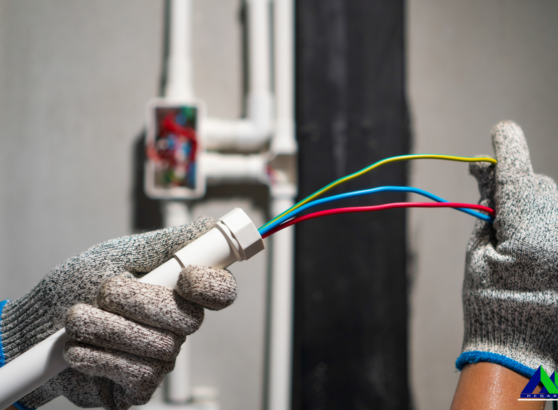
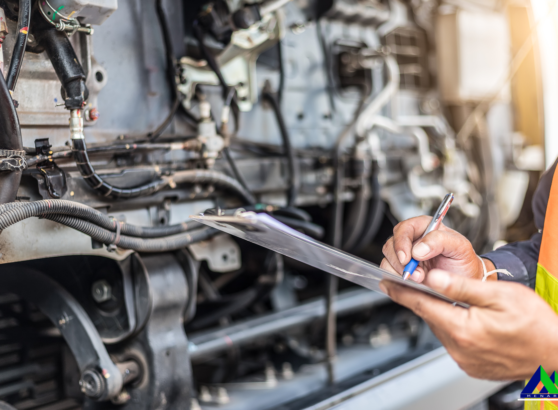
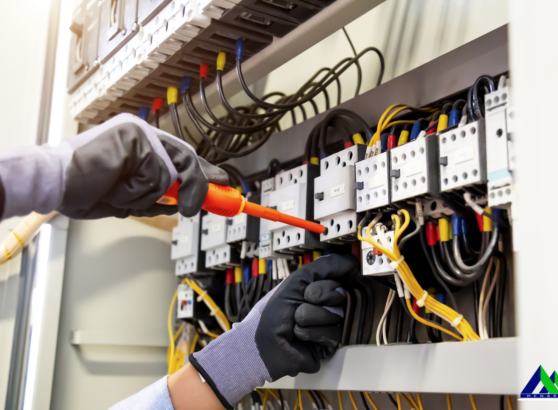
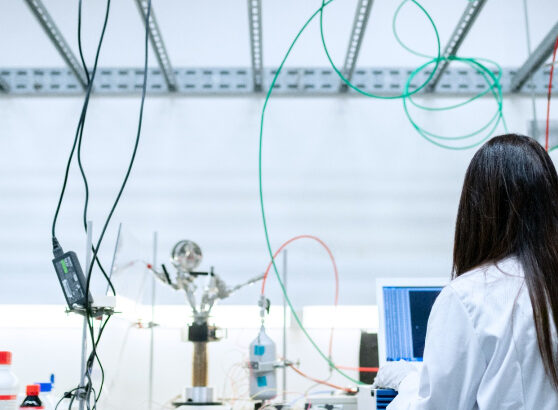
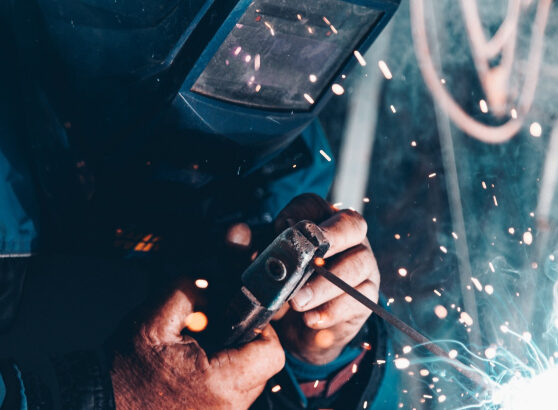
Mechanical Engineering Careers: 7 Diverse Sectors in Brunei
[…] and gas sector has long been the backbone of Brunei’s economy, and it continues to be a major employer of mechanical engineers. In this field, engineers are involved […]